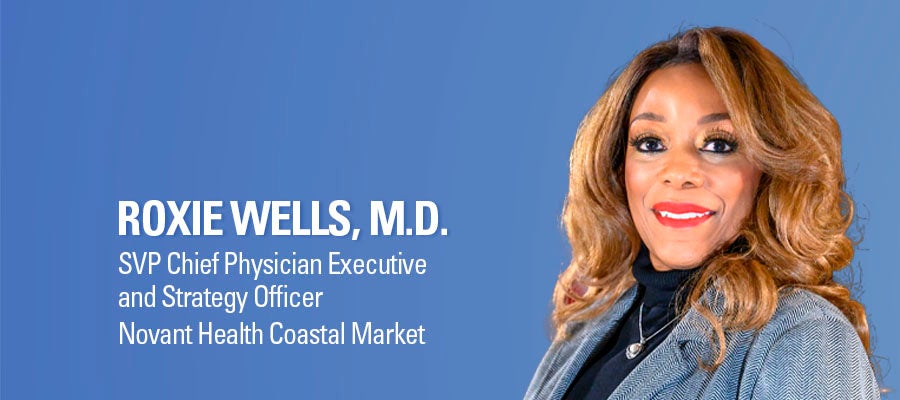Transformational Leadership Inspired by Lineage

My interest in health care started at an early age. I grew up in a rural Alabama town with minimal access to primary or obstetrical care. Family physicians cared for most of the community, and even delivered babies, but Black mothers often received little prenatal care and delivered at home. My mother, trained by one of the family physicians, functioned as an apprentice midwife. She delivered a substantial percentage of Black babies born in our community through home births. My mother wanted to become an obstetrician but during that era, the likelihood of her doing so was a long shot. Seeing her leave home with her delivery bag and understanding the importance of the care she provided led to my interest in health care.
Those personal experiences fueled my desire to improve health in underserved and underrepresented communities. I became a family physician and subsequently saw additional opportunities to expand my scope of influence by taking on executive roles in the organizations I worked for and expanding my interest and participation in health care advocacy and policy at local, state and federal levels. Serving on boards like the North Carolina Healthcare Association and the American Hospital Association created avenues for developing policies and advocacy opportunities that served to benefit those who experience health care disparities because of race, ethnicity, gender, geography and other demographics.
As a Black woman executive, I recognize the need to ensure that Black women in these roles have a safe environment to grow, learn and share experiences that are often uncomfortable and difficult to share in more universal settings. Therefore, after sharing my vision of developing such an environment with AHA leadership and interested AHA staff, we founded the Black Women CEO Roundtable. The Roundtable allows us to convene and determine how we might best support each other and those following in our footsteps. We created a charter that outlined the goals of the group, which include developing a pipeline of leaders who wish to ascend to executive roles and pairing them with mentors to assist in their development. The Black Women CEO Roundtable continues to elevate the voices of the group’s members by advocating for the expansion of policies that encourage a diverse, equitable and inclusive health care talent pool that will lead the field in developing innovative and transformative ways of delivering care.
There is nothing like having a sisterhood of women who understand the opportunities and challenges associated with roles traditionally held by men, and there is no greater joy than helping each other navigate the terrain of what has historically been a lonely endeavor. The group meets regularly for social interactions that offer space for laughter, celebration and unconditional support. I am indelibly tied to these successful women and am immensely grateful for the opportunity to share my lived professional experiences with them. They have made tough days bearable and sweet days sweeter.
I have been fortunate to experience much success in my professional career. I have served as president and a physician leader in several organizations. I have served on prominent task forces, committees and boards that have shaped health care policy and the trajectory of the field. However, of all the career highs I have experienced, I am quite sure the formation of the Black Women CEO Roundtable will rest comfortably among the accomplishments I treasure and hold most dear.
Roxie Wells, M.D., is the senior vice president chief physician executive and strategy officer at Novant Health Coastal Market.
